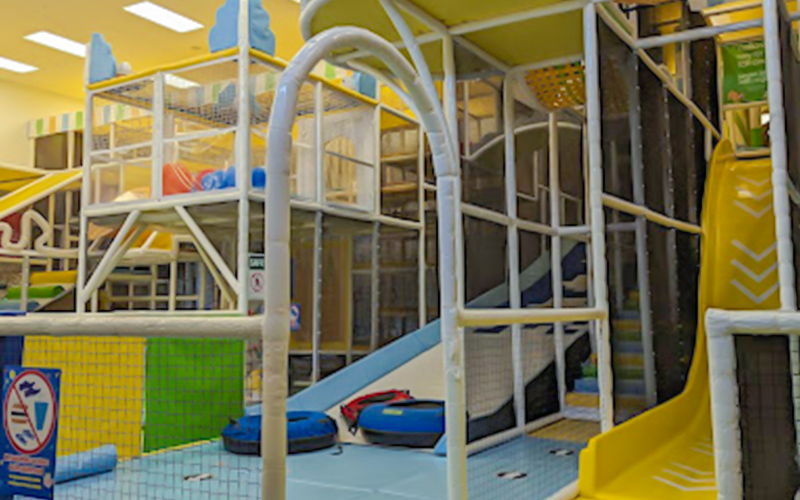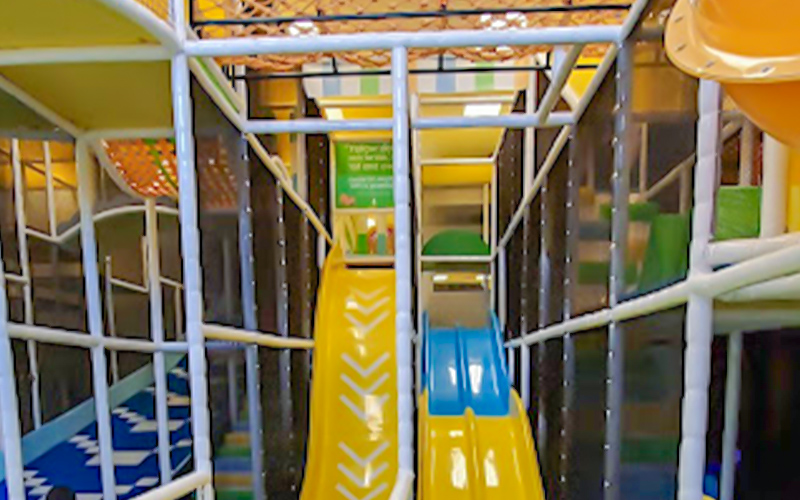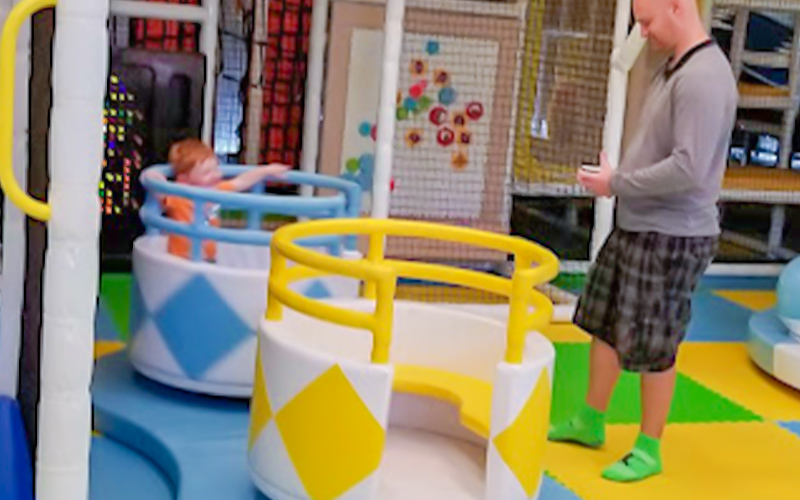In 2025, the indoor playground industry is seeing unprecedented growth worldwide. With parents seeking safe, weather-proof venues for children to play and socialize, more entrepreneurs are exploring how much indoor playgrounds cost, how to set up a play cafe, and how to open a play center for kids.
The cost of building an indoor playground can vary greatly depending on size, location, and equipment type. A small indoor play space for toddlers might start from $20,000–$50,000, while a large multi-zone playground with slides, climbing structures, and ball pits can exceed $200,000. Factors influencing cost include:
- Equipment quality (safety certifications, durability)
- Design complexity (custom themes, multi-level structures)
- Installation fees and flooring materials
- Ongoing maintenance and insurance

The play cafe concept is booming—combining a child-friendly indoor playground with a coffee shop or light dining area for parents. Setting up a play cafe involves:
- Selecting the right space—minimum 200–300 sqm for combined seating and play zones.
- Zoning—separating toddler-safe areas from older kids’ active zones.
- Licensing—food service permits and safety inspections.
- Menu planning—kid-approved meals, allergy-conscious snacks, and specialty coffee.
The average setup cost for a play cafe can range from $50,000–$150,000, depending on the level of customization and equipment selection.

Launching a full-scale play center requires careful business planning:
- Market research—understand local demographics and competition.
- Design & branding—create an inviting theme that appeals to kids and parents alike.
- Safety compliance—ensure equipment meets EN or ASTM safety standards.
- Marketing—family packages, memberships, and school partnerships can drive repeat visits.
Many successful play centers partner with established playground equipment manufacturers for turnkey solutions—including design, supply, and installation—cutting launch timelines by up to 40%.

According to market data, the global indoor playground market is expected to grow by 8% annually through 2030, with the play cafe niche leading the way. As more families prioritize experiential outings over traditional retail, entrepreneurs who understand cost structures, setup processes, and operational strategies stand to benefit most.




